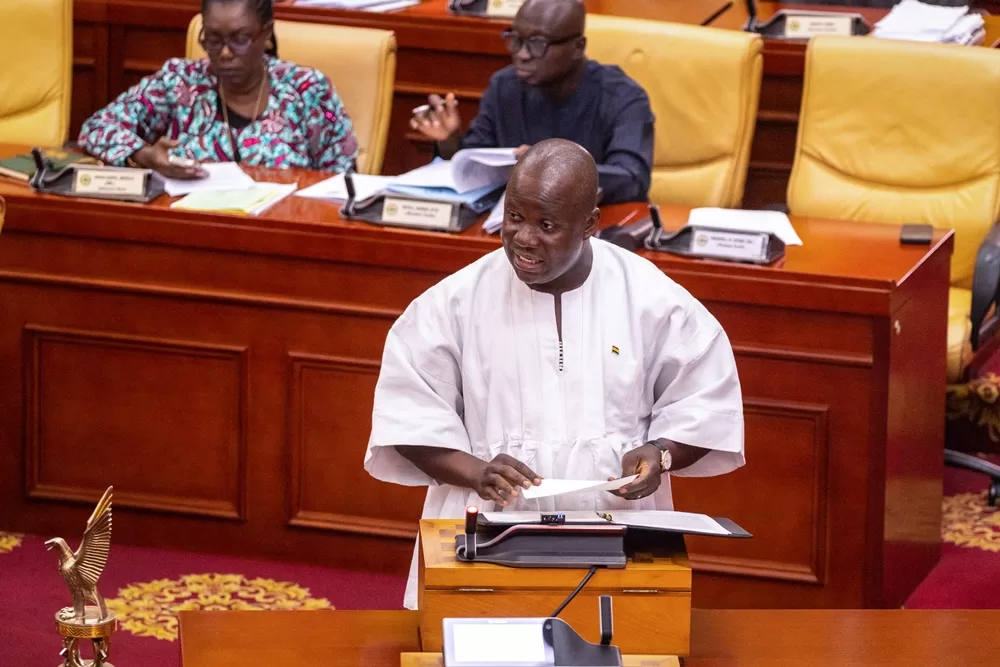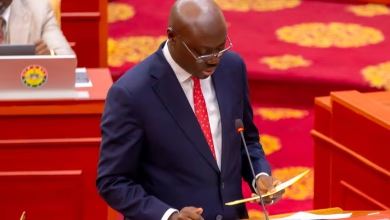The Parliament of Ghana has ratified the Timber Utilisation Contracts (TUCs) for timber exploitation, marking a significant milestone in the country’s forestry sector. This approval was given during the third meeting of the Fourth Session of the Eighth Parliament of the Fourth Republic.
The ratification encompasses eleven TUCs, which are part of the initial nineteen submitted for ratification as required by the Constitution. This approval allows Ghana to issue Forest Law Enforcement, Governance and Trade (FLEGT) Licences, facilitating the export of timber and timber products to the European market.
Ghana will become the first African country, and the second globally after Indonesia, to issue FLEGT Licences for timber products. This achievement demonstrates Ghana’s commitment to sustainable forest management and its efforts to combat illegal logging and deforestation.
The Cabinet approved the conversion of 156 timber concessions and permits into TUCs on March 31, 2022, during its 26th meeting. This conversion was done per Section 19 of Act 547, which mandates that timber harvesting requires a TUC.
Act 547, effective on March 18, 1998, replaced the Concessions Act of 1962 (Act 124), which previously granted timber rights through concessions, leases, and permits. The introduction of TUCs marks a significant policy reform aimed at establishing a competitive system for allocating timber resources.
Section 19 of Act 547 stipulates that existing timber rights before the Act’s implementation were valid for only six months, requiring holders to apply for TUCs within this period. However, nearly 25 years later, these concessions and leases had not been converted into TUCs until now.
The recent conversion of these concessions and leases into TUCs and their subsequent ratification by Parliament signify substantial progress in the legal timber trade, aligning with the European Union’s requirements.
This Parliamentary ratification concludes the process of granting timber rights and underscores the government’s commitment to the legal and sustainable management of Ghana’s forest resources.
Ratifying these TUCs also positions Ghana to fulfill its obligations under the Voluntary Partnership Agreement (VPA) with the EU regarding FLEGT Licences. This move supports the fight against deforestation and forest degradation, enhances environmental and natural resources governance, and contributes to the achievement of Sustainable Development Goals (SDGs).
The Ministry of Lands and Natural Resources has stated that this ratification demonstrates Ghana’s commitment to sustainable forest management and its efforts to combat illegal logging and deforestation.


